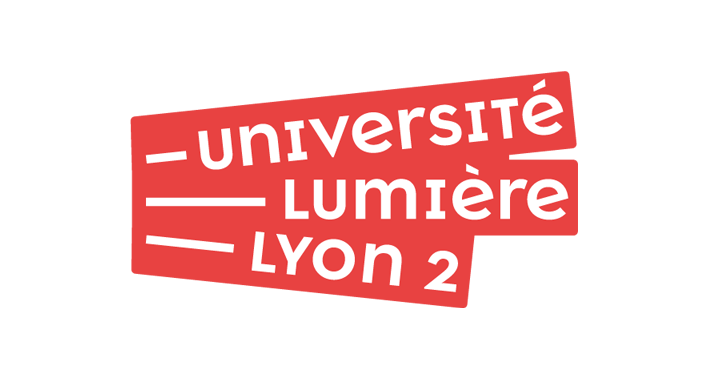to 28 May 2025
From May 26 to 28, 2025, the 4th European Student Assembly took place at the European Parliament in Strasbourg. Held every year since 2021, the event gives some 250 students the opportunity to explore issues crucial to the future of the European Union, sometimes sparking lively discussions and fostering intercultural exchange.
| The ESA has been organized every year for the past 4 years by the European Community of Universities. It is an initiative launched by the European Alliances to amplify the voice of students in the future of the European Union. The EUC Voices project, which grew out of this initiative, is committed to giving young people a voice on a range of European issues, encouraging them to take action, express their ideas and become responsible European citizens. Members of this network play an active role in shaping the direction and impact of European engagement initiatives. |
|---|
The crucial challenges of ESA 2025
Over the 3 days, the European Parliament brought together more than 230 students selected from almost 2300 applications, representing 50 nationalities, including 30 Europeans and 20 non-Europeans. The event gave these young people the opportunity to express their views on 8 panel discussions on crucial subjects:
- Mentally (un)stable. How can the EU help young people manage mental health issues caused by overstimulation?
- Greener tomorrow. What is the role of climate and environmental policies in higher education and energy?
- AI, European democracy and civic engagement. How can the EU benefit from Artificial Intelligence in its mission of promoting democracy?
- Innovation for all. In what ways can the EU balance innovation and competitiveness to support sustainable economic growth?
- Education beyond graduation. How can the EU promote lifelong learning to prepare its citizens for rapid technological and socioeconomic changes?
- Living with dignity. What measures should the EU consider to ensure affordable housing for its younger generations?
- Unveiling inequalities. What are the issues related to the gender pay gap and minorities?
- Unity in diversity. How can the EU foster cultural understanding and inclusivity in an increasingly diverse Europe?
It was around these many reflections that the importance of European universities was highlighted, as much for their intercultural diversity as for strengthening the critical thinking of our students and their commitment to the European Union.
Université Lumière Lyon 2 was represented by Lorenzo Di Piazza, a 3rd-year Psychology student :

I had the honor of being one of four students from the BAUHAUS4EU alliance selected to represent the Université Lumière Lyon 2 at the European Student Assembly 2025. [...] These intense exchanges, nurtured by the diversity of backgrounds, disciplines and cultures represented, reinforced my conviction that expertise produces solutions, while the plurality of viewpoints reveals the right questions. [...]
I'm looking forward to our students meeting their counterparts from other partner universities, forging new friendships with like-minded people and discovering cultures and customs across Europe that are as diverse as they are enriching.
BAUHAUS4EU Alliance at ESA
Among the 53 University Alliances represented, BAUHAUS4EU was one of them!
For the first time since the launch of the Alliance in January 2025, our young people had the opportunity to meet in a strong political setting. The 4 students of the BAUHAUS4EU Student Council were lucky enough to be among the candidates selected to sit on the seats of the European Parliament and take part in these discussions promoting intercultural exchange and the diversity of the regions represented.
Their many exchanges during these discussions actively contributed to BAUHAUS4EU's objectives: the transition to a sustainable, inclusive, resilient and beautiful future.
This experience is fully in line with the dynamics of BAUHAUS4EU, the alliance that Université Lumière Lyon 2 has just joined, and which reflects the values of inclusion, sustainability and creativity that we defend.
Lorenzo DI PIAZZA

Lorenzo Di Piazza from Université Lumière Lyon 2
Narayana Manikanta Sunnit Satya Sai Gattupalli Eswar
from Bauhaus University Weimar
Kartik Bist from Bauhaus University Weimar
Miłosz Serafin from Katowice University of Economics
Useful information
Location
Partners



Funded by the European Union. Views and opinions expressed are however those of the author(s) only and do not necessarily reflect those of the European Union or the European Education and Culture Executive Agency (EACEA). Neither the European Union nor the granting authority can be held responsible for them







